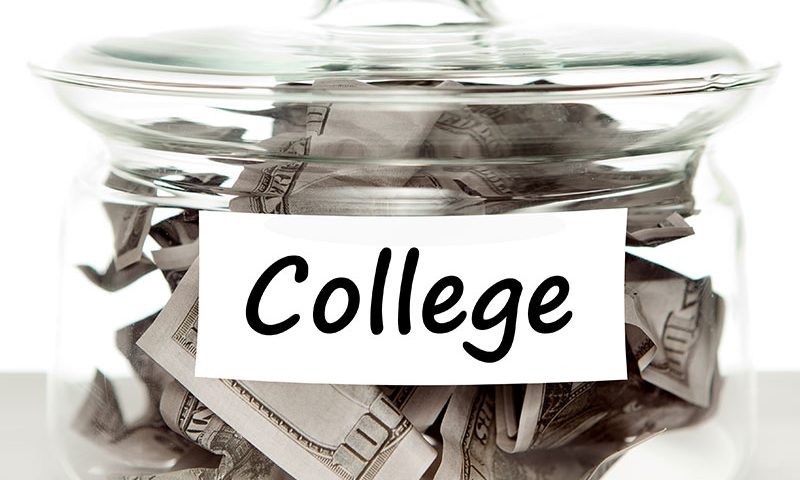Education Expenses Deduction

LAFHA and Travel Expenses Deduction
July 9, 2016
Deductions Not Allowed
July 9, 2016Self-education is an excellent method of making sure you keep up to date with advancements and techniques about your industry along with the added benefit of making you appear amazing to the potential employers.
To inspire employers and employees equally to embark on educational courses, there are a variety of self-education income tax deductions available, including programs undertaken at colleges and universities (regardless of whether resulting in a formal qualification or not), participation at work-related training seminars or conferences, self-paced studying and study trips (abroad or within Australia).
The costs for self-education may be tax deductible provided there exists a direct and provable connection between education and your income earning activity.
Usually you will have to fulfil any of the subsequent tests to be eligible for an income tax deduction:
- the cost has an appropriate link to your existing income generating activities (for example. the course should be related or incidental to the way you derive your assessable income)
- the self-education program being undertaken allows you to retain or enhance the skills or know-how essential to perform your income earning activities
- the self-education results in, or will probably lead to, a rise in your earnings from the existing income earning activities in the foreseeable future.
Tax deductions for self-education expenditures are usually not permitted if the course of study is intended to:
- gain work in the new industry (e.g. a chef studying nursing to become a nurse)
- gain work or get a qualification that allows you to get into a restricted industry (such as. getting an education in order to practice as a surveyor), or
- start new income generating options in the foreseeable future (regardless of whether running a business or perhaps in your existing job) as they are incurred “at a point too soon” to be considered as being borne in generating your assessable income.
Tax-deductible expenses:
- lodging and food (if staying away from home over night)
- laptop or computer consumables
- program fees
- decline in value for depreciating assets
- buying of equipment or technical tools
- equipment maintenance
- fares
- home office operating expenses
- interest
- internet use (not including connection charges)
- vehicle parking charges (limited to work-related claims)
- telephone calls
- postage
- stationery
- student union costs
- student services and amenities costs
- text books
- industry, professional, or academic publications
- travel to-and-from place of education
Non Tax-Deductible expenses:
- any HELP repayment
- home office occupancy costs
- food bought during regular travel between residence and an educational institution, and
- travel costs between residence and an educational institution where the individual works.
In some instances, courses may have both tax deductible and non-deductible components (such as. a plumber who operates their own business who undertakes a business administration program where by completing the program will allow the plumber also to operate as a qualified business administrator).
In this scenario, the deductibility of your costs is determined by the intent when the course was undertaken. If you’re able to demonstrate that the course is incidental and related to your current income earning activities, the expense is tax deductible. Development of other opportunities does not matter, provided that it was not the reason that you undertook the course. Conversely, if the course was undertaken with the particular objective of changing the taxpayer’s income generating activity, the tax deduction will not be permitted.
When the expenditures would otherwise be tax deductible in the legislation, a deductibility limit is applicable (section 82A ITAA36, if you want to look it up). Only expenses in excess of $250 could be claimed.
Below are some tools from the ATO to assist you to determine your self-education expense claims:
Self-education expenses eligibility tool
Self-education expenses calculator
For further information please contact our expert accountants Lynbrook and tax agents Lynbrook us on 1300 300 106 or via our contact page





